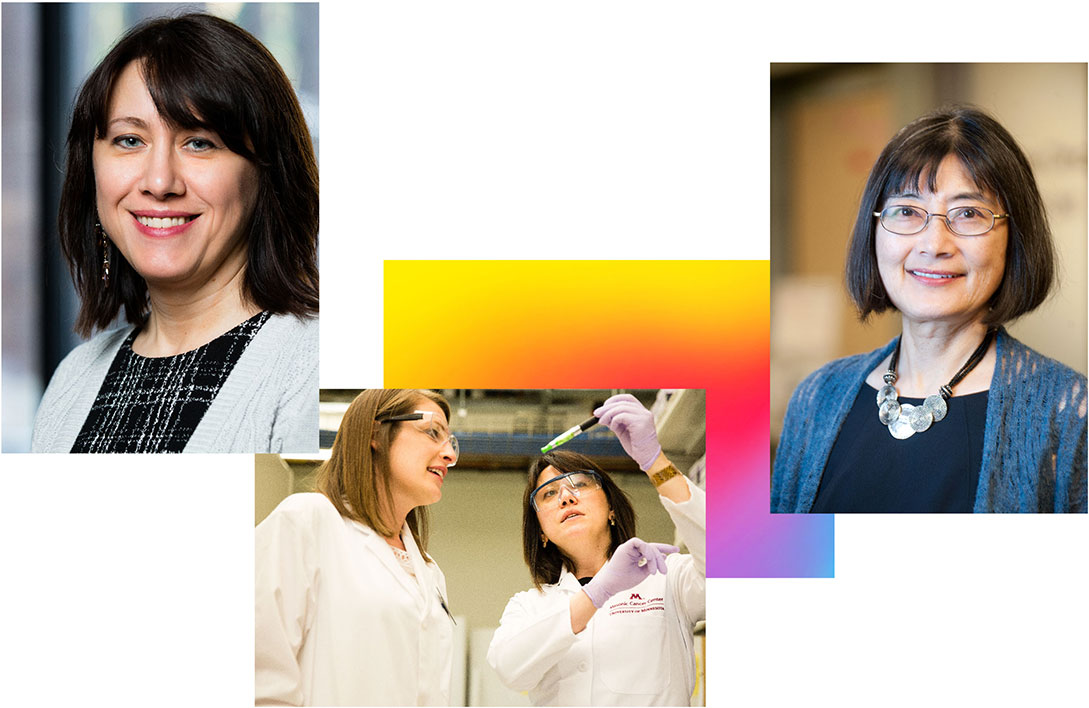MCENDS
(Multinational Consortium on Electronic Nicotine Delivery Systems)

The Challenge
E-cigarettes
A new global consortium to understand the potential risks and benefits of e-cigarettes to inform international tobacco control stakeholders on the impact of their use.
Team Leads
Dorothy Hatsukami and Irina Stepanov, University of Minnesota, US
Countries involved
US, New Zealand, South Africa, Netherlands, Mexico, Malaysia, Lebanon
The Idea
What are the short- and long-term health outcomes of e-cigarette use in people with different smoking histories? How do characteristics like nicotine content and flavour intersect with behavioural support to enable smokers to switch to using e-cigarettes? And what is the health impact of using these devices?
These are some of the questions the MCENDS team hopes to address, through a number of first-of-their-kind studies, including large, global clinical trials and longitudinal cohort studies investigating e-cigarettes. The team also plans to explore whether it’s possible to predict risk of specific health outcomes, such as cancer or respiratory or cardiovascular disease, with detectable signatures like exhaled ‘breathprints’.
Spanning a remarkable 6 continents, this diverse team unites a broad range of specialisms, from leaders in clinical trials of tobacco use, cancer risk and respiratory and cardiovascular disease to experts in the microbiome, toxicology and computational modelling, to unravel the potential risks and benefits of e-cigarette use.
“Cancer Grand Challenges has enabled us to think big, creatively, and beyond conventional methods of conducting science. We now also feel a sense of responsibility and determination to roll up our sleeves and focus on developing a research plan to implement this vision.”